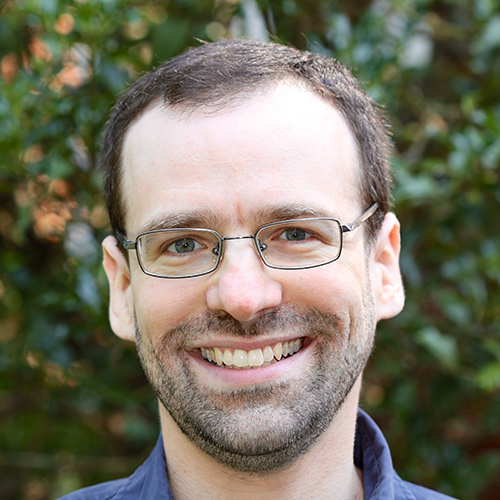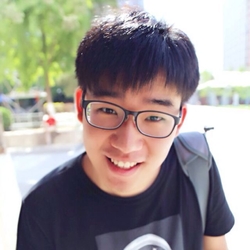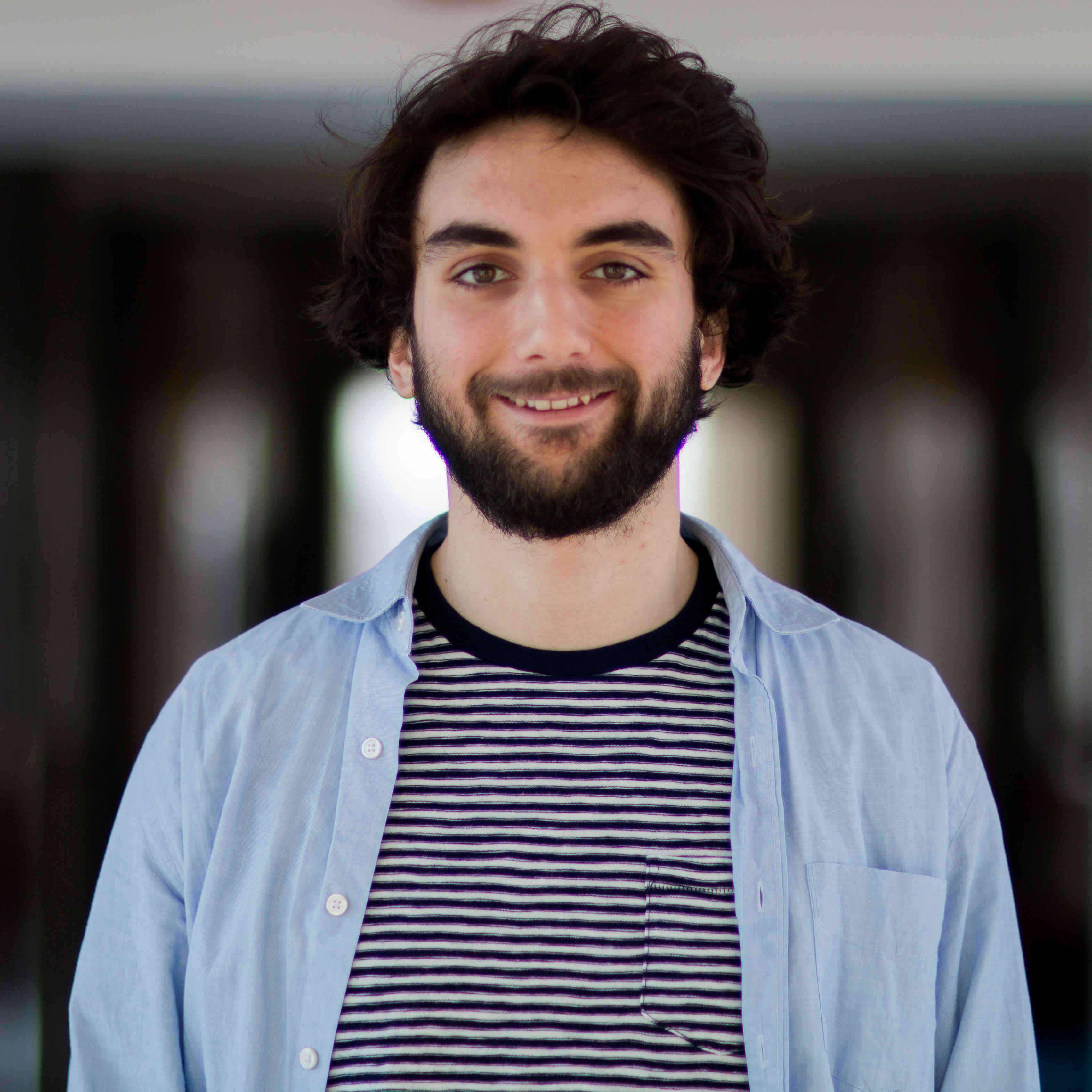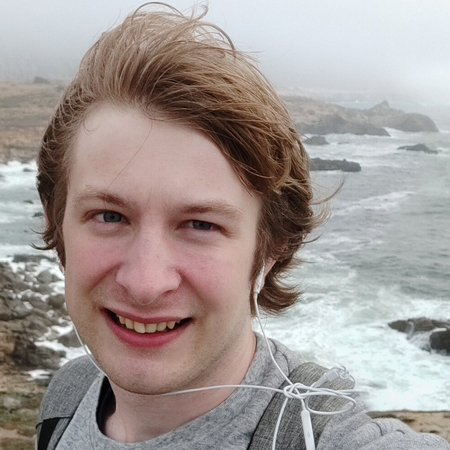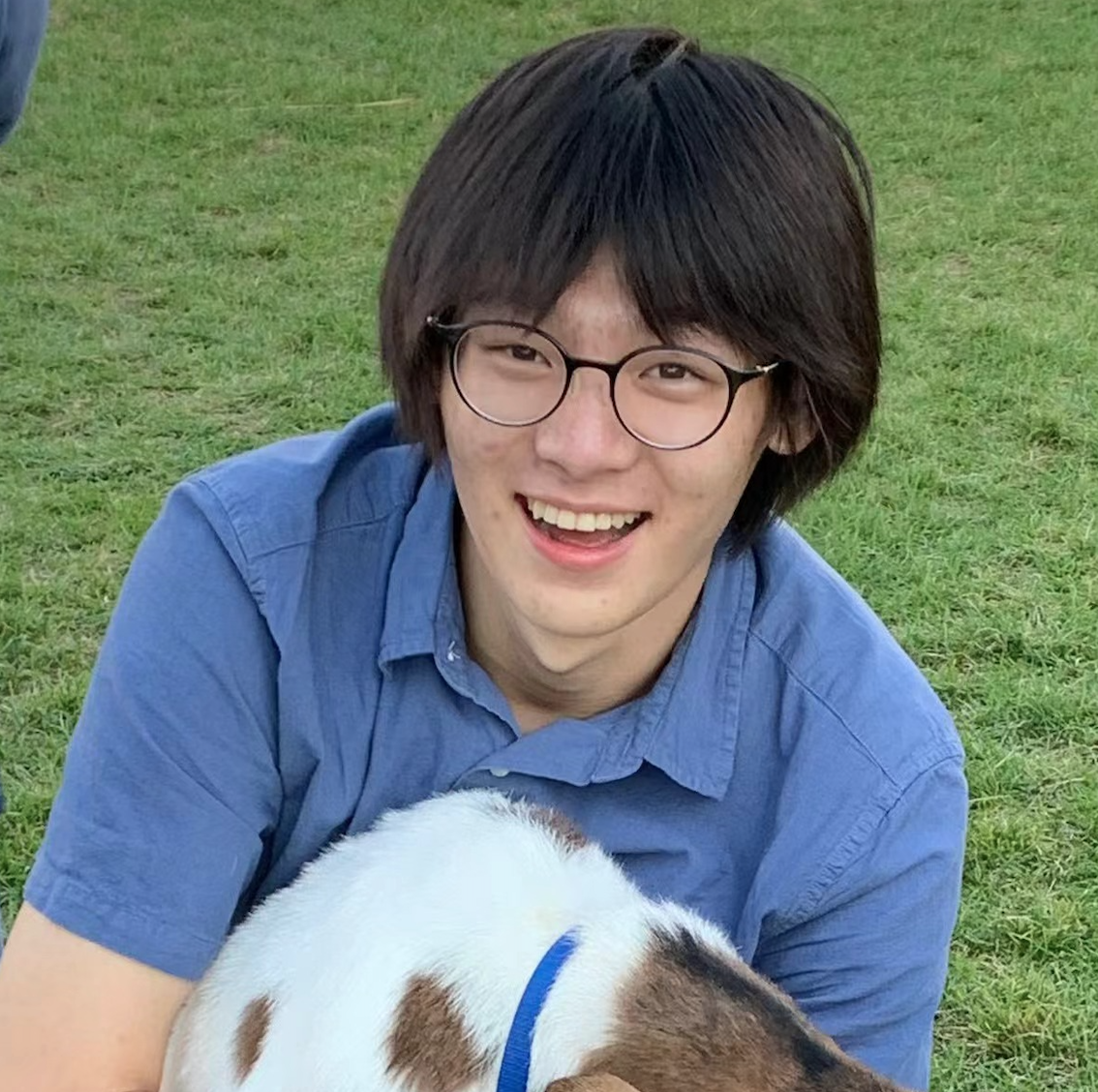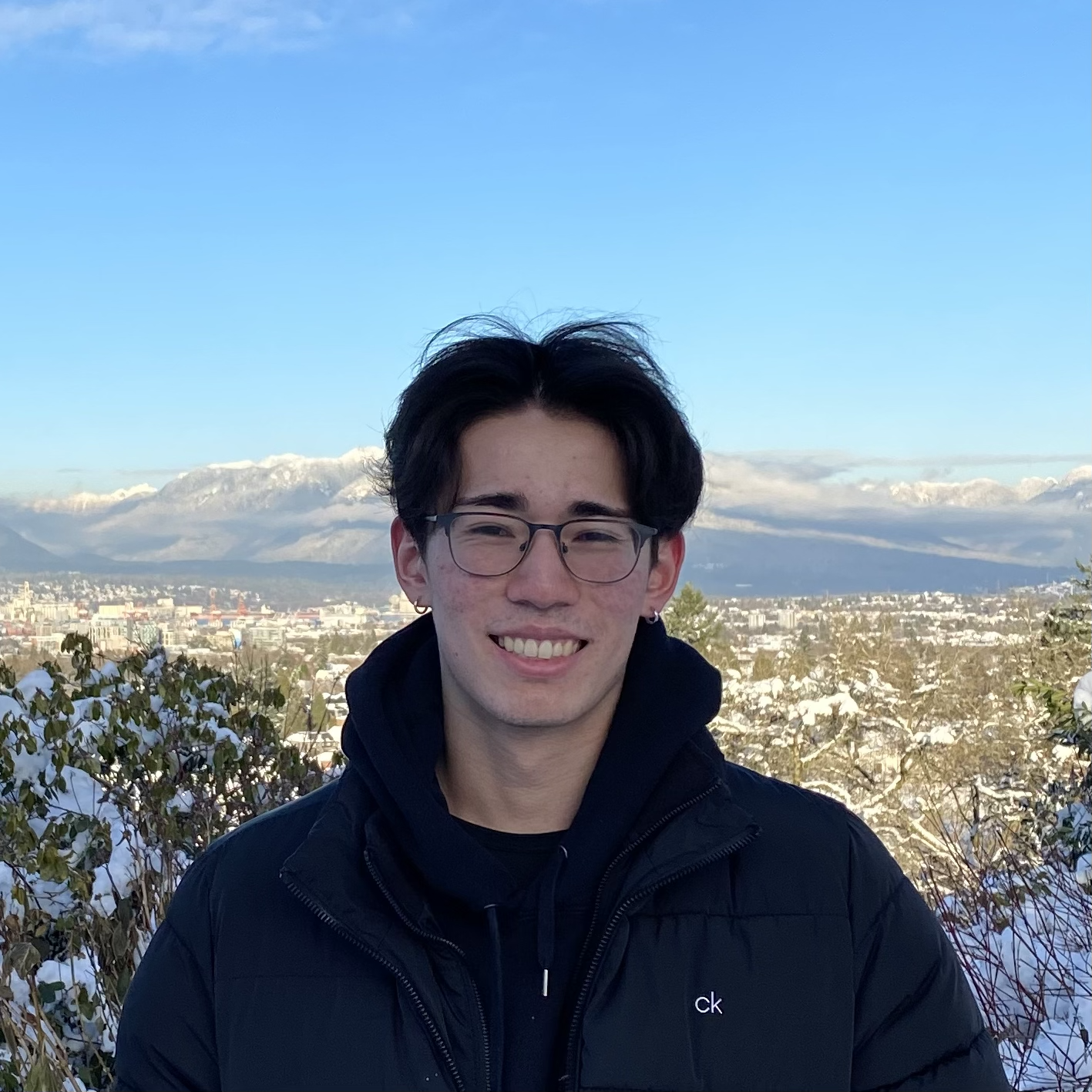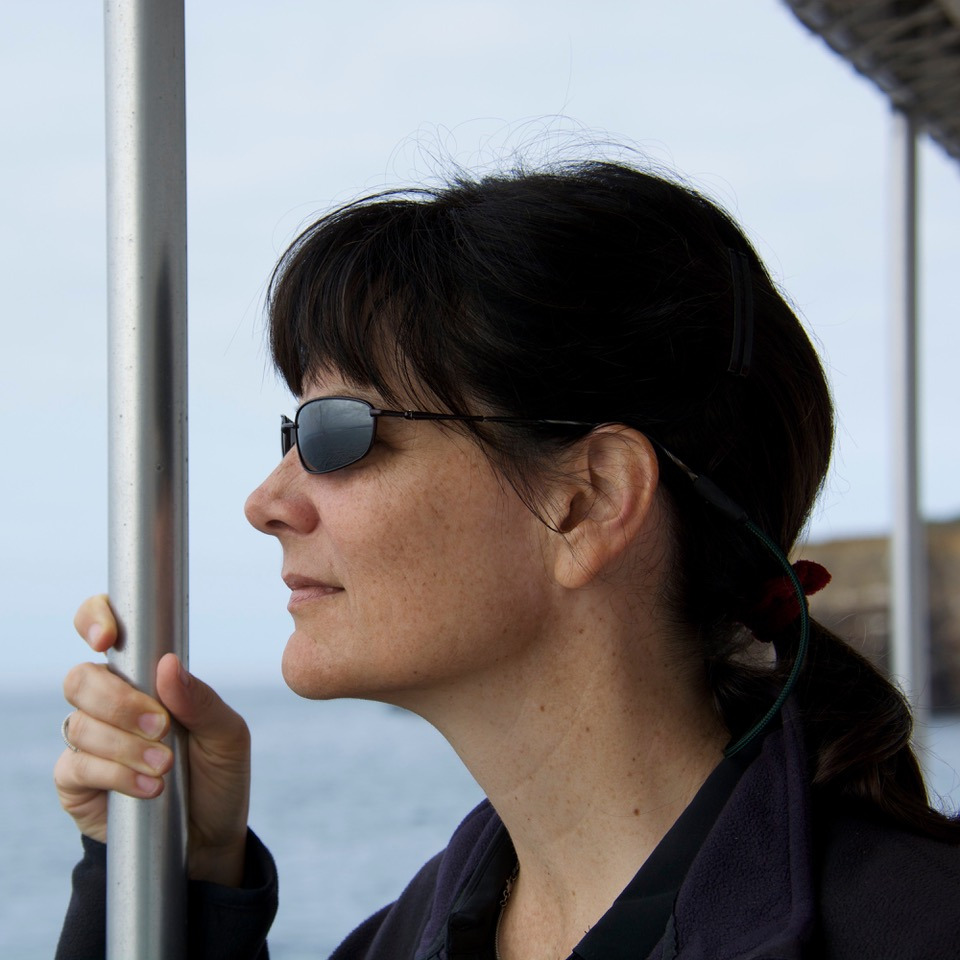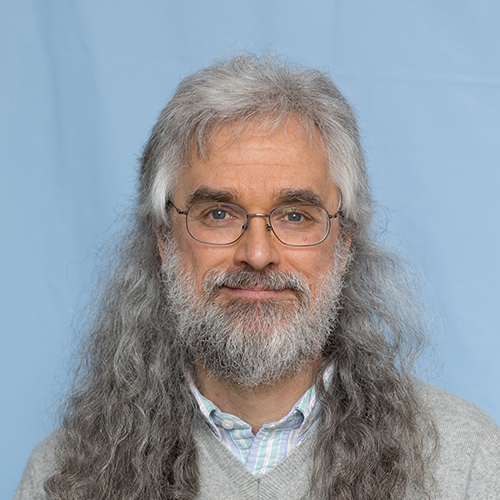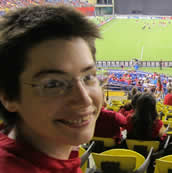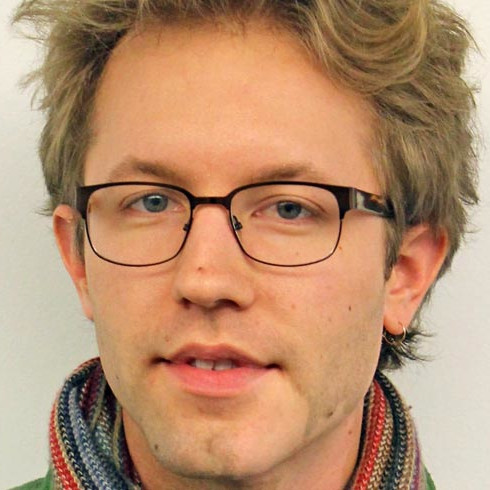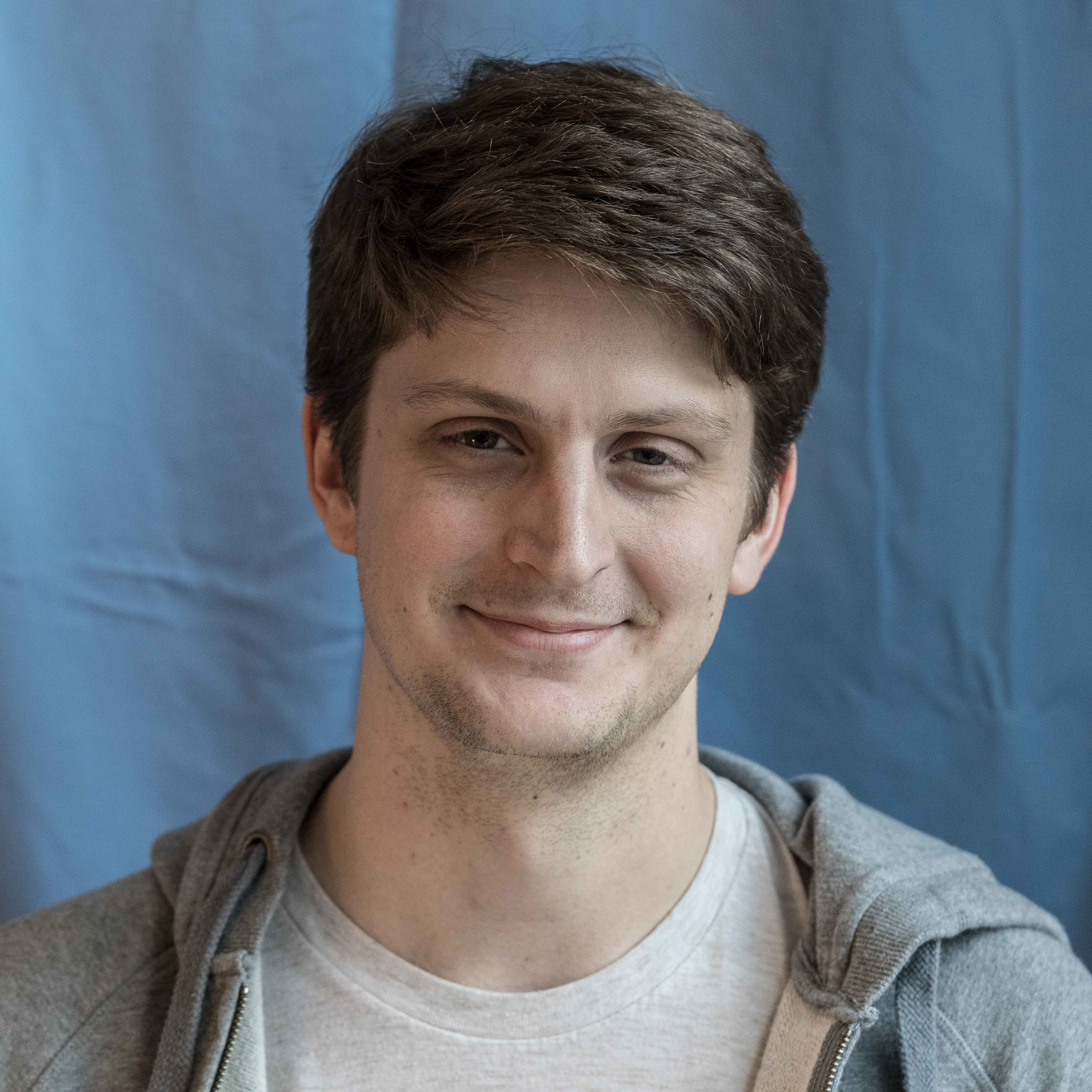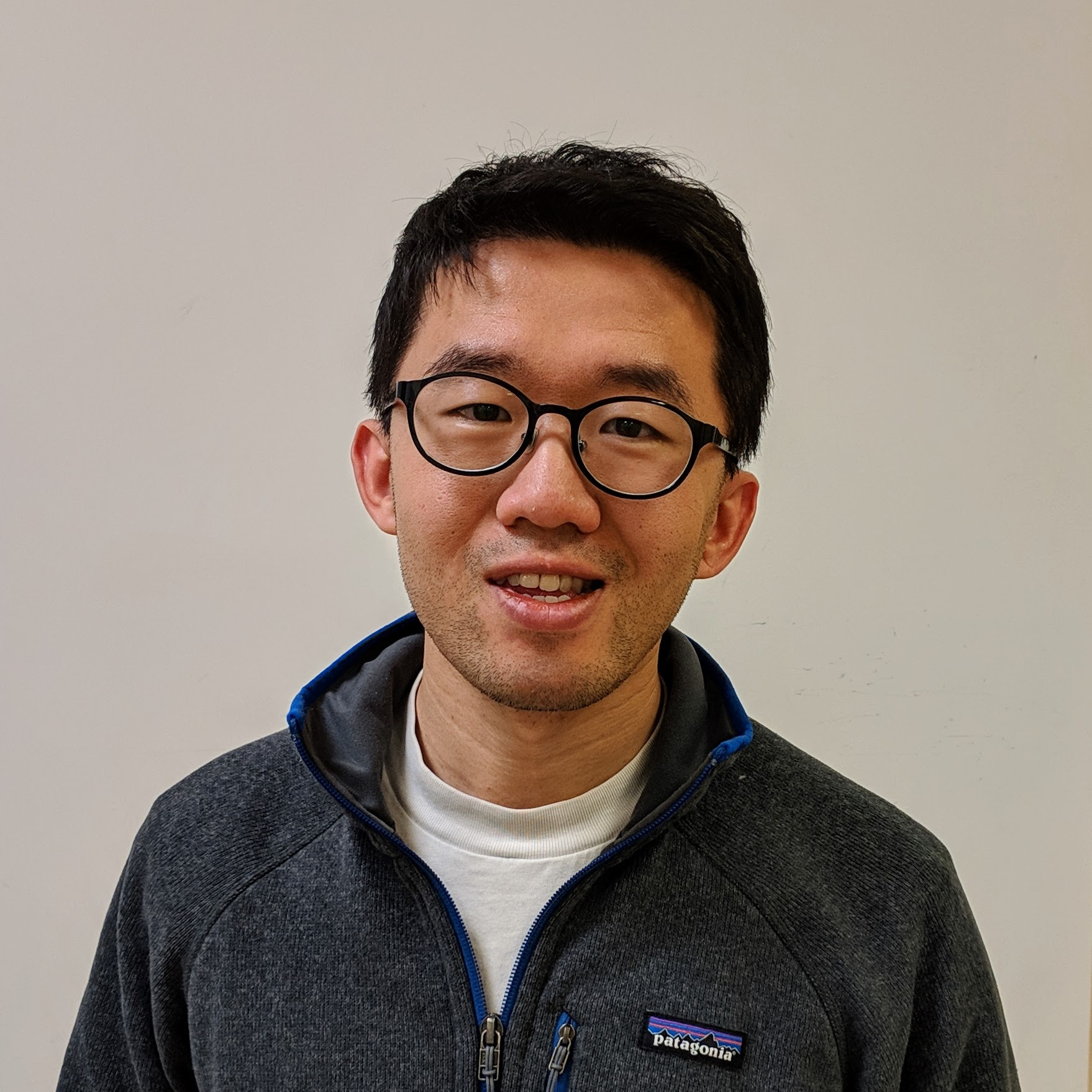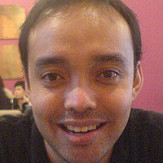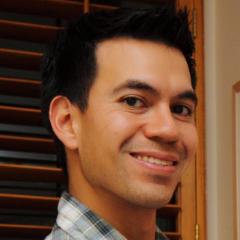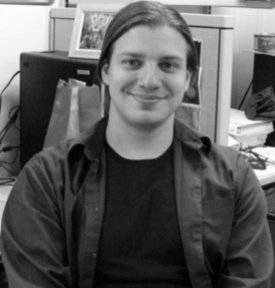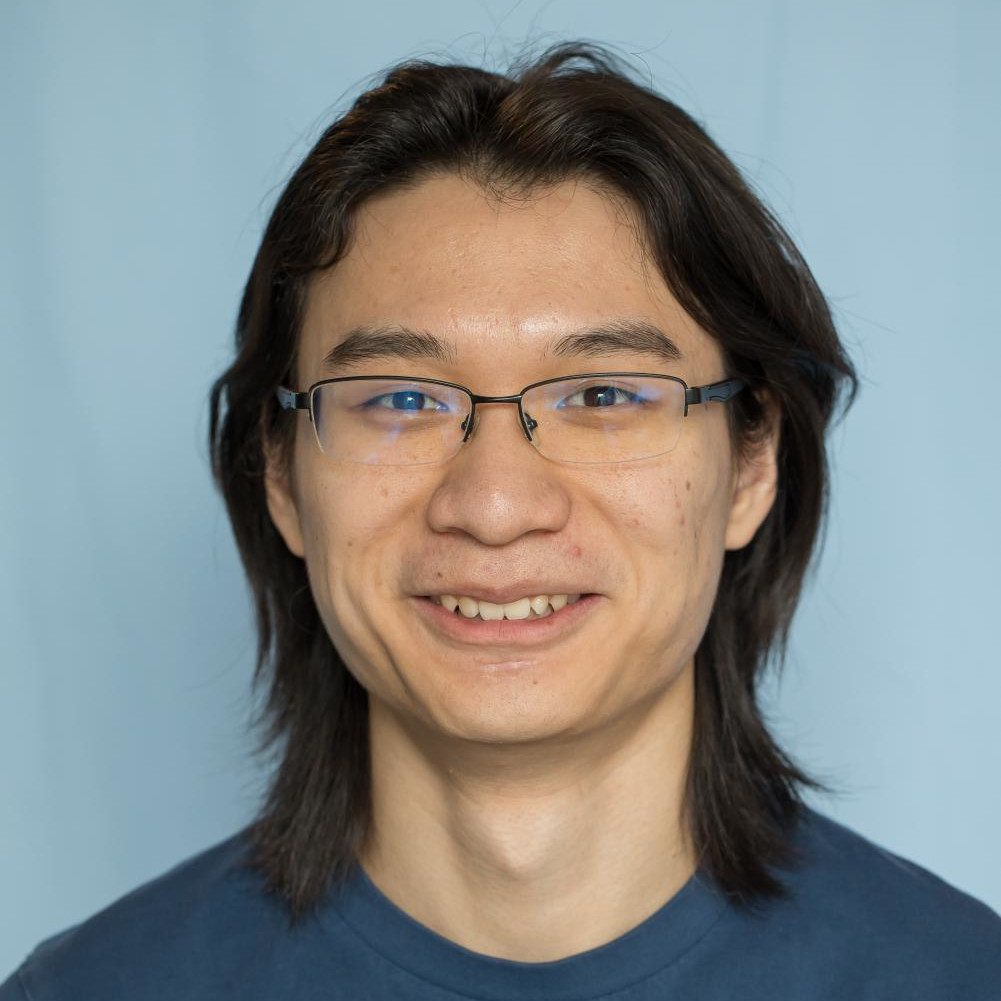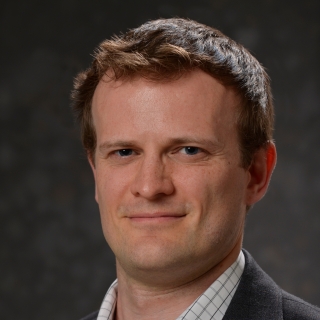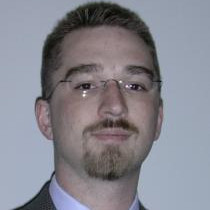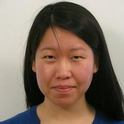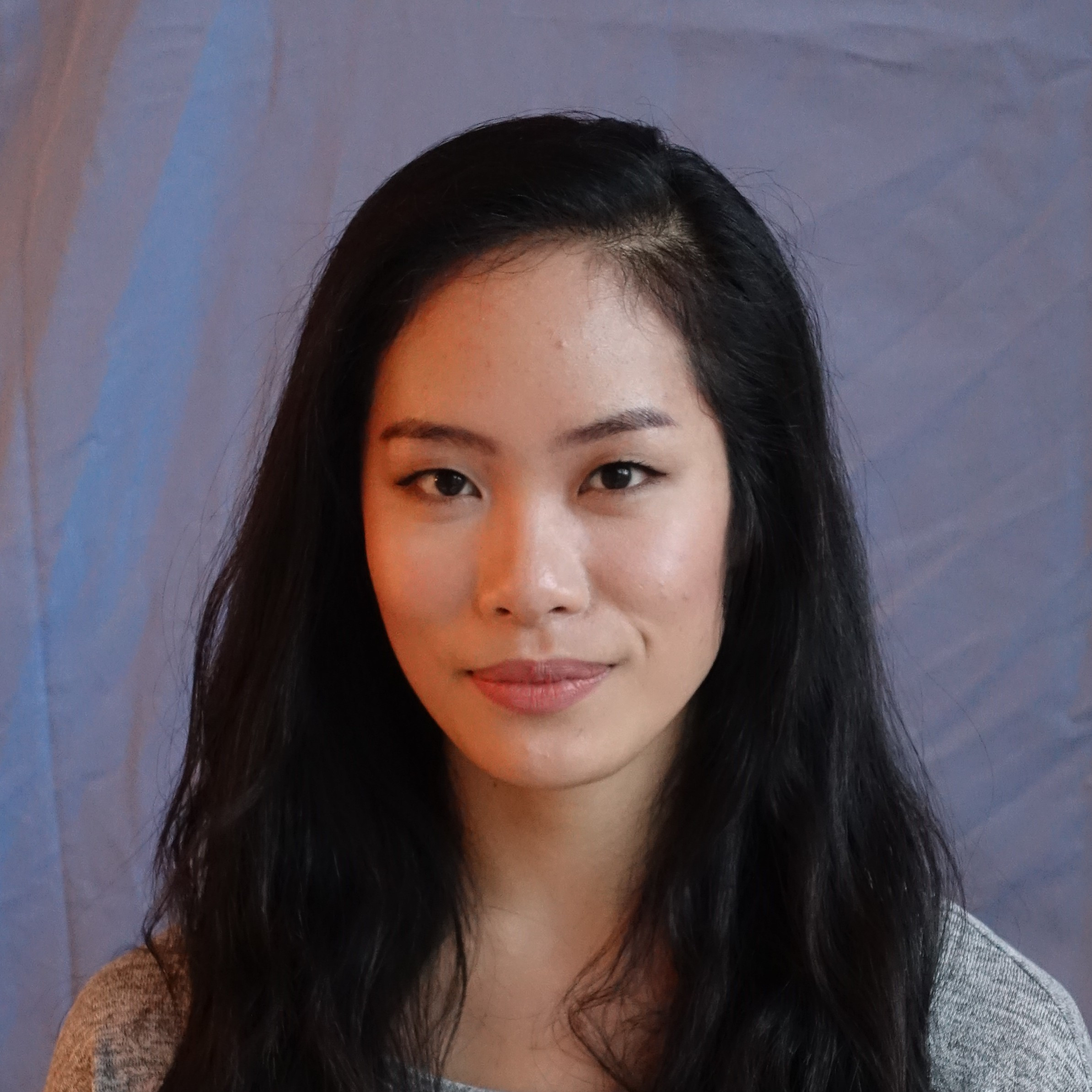What is TuPL
TuPL is the programming languages research group at Tufts University. Here, we do research
that innovates the way to think about programming. More specifically, we do research in
domain-specific programming languages (DSLs), program synthesis, language-based
security, type systems, program verification, and more. We are also interested in
programming languages education: check out Norman's foundational programming languages
educational material, which will be in the press soon is out now!
If you are interested in doing research with us, please check out (and apply to) the PhD program in computer science at Tufts University.
Who is TuPL
Faculty & Postdocs
Current Graduate Students
Current Undergraduate Students
Alumni & Former Members
TuPL Publications
ACM Disclaimer: The documents contained in these pages are included to ensure timely dissemination of scholarly and technical work on a non-commercial basis. Copyright and all rights therein are maintained by the authors or by other copyright holders, notwithstanding that they have offered their works here electronically. It is understood that all persons copying this information will adhere to the terms and constraints invoked by each author's copyright. These works may not be reposted without the explicit permission of the copyright holder.
TuPL Projects
Join Us - new member orientation
What follows is a guide for new TuPL members to follow upon arrival to Tufts. This is written by grad students, and primarily for grad students. If you're not a new graduate student much of this information may still be pertinent to you, but you should get in touch with your primary TuPL contact to figure out which pieces are pertinent.
Linux home directory
Once you arrive on campus the first thing you should do is head to the EECS systems staff in JCC 310 & 312. They are available Monday through Friday, 8am to 5:30pm and will help you get setup with a username and password for the EECS network of linux servers, lab computers, and your home directory.
If you ever forget your EECS password but know your Tufts email / UTLN password, you can recover access to your EECS account by going here: https://www.eecs.tufts.edu/~accounts/reset.cgi.
GitHub
You must login to GitHub first before we can add you to the TuPL github organization. To do so, contact our Internal GitHub organizer and request to be added to the TuPL github organization.
Once you have been granted access to TuPL on GitHub, please go to https://github.cs.tufts.edu/TuPL/tupl-website and make a pull request with your contact information added to the bottom of the Current Graduate Students HTML-div of this document. The same applies for new undergraduate students working on a project with any current TuPL member.
CSLOL
Although not specific to TuPL, the Computer Science League of Learning (CSLOL) is the de facto graduate student organization for computer science graduate students at Tufts. To learn more about access to housing in the Medford/Somerville area, which classes to take, and all other non-research related issues please contact a CSLOL executive or member. This can be done by setting up a CSLOL Slack account here with your Tufts email address, by contacting any of the current TuPL graduate students to figure out who the current CSLOL President is, or by contacting @TuftsCSLOL on facebook. As of this writing the website https://sites.tufts.edu/cslol/ is very out of date, but contacting the @TuftsCSLOL admins on facebook is the most likely way to get a response if you have trouble signing up for the CSLOL Slack.
Calendars
The following Google calendars pertain to research and department events:
- Tufts Computer Science Events, controlled by CSLOL.
- TuPL Calendar.
- Tufts GSC Online Calendar, controlled by the Tufts Graduate Student Council (GSC).
- Tufts CS Department Colloquia, controlled by the Department.
